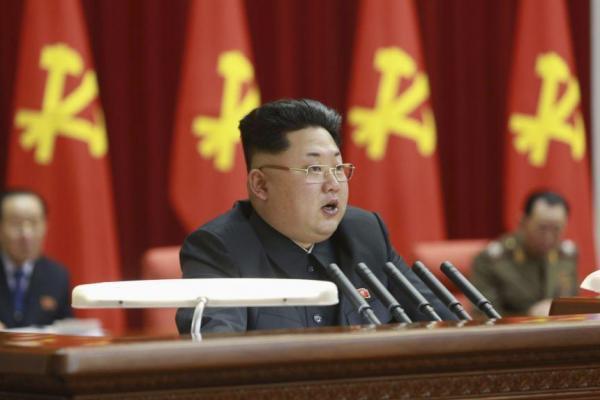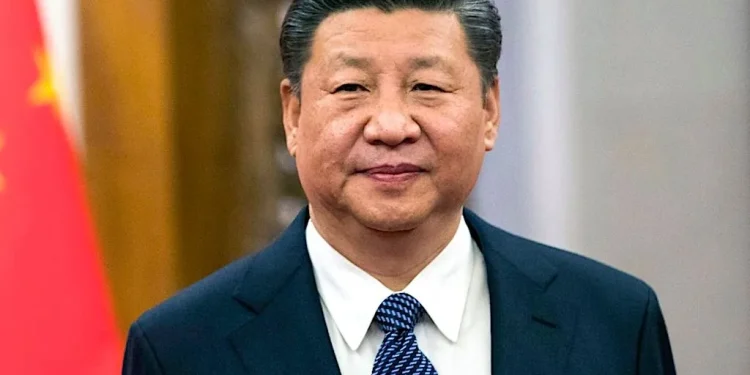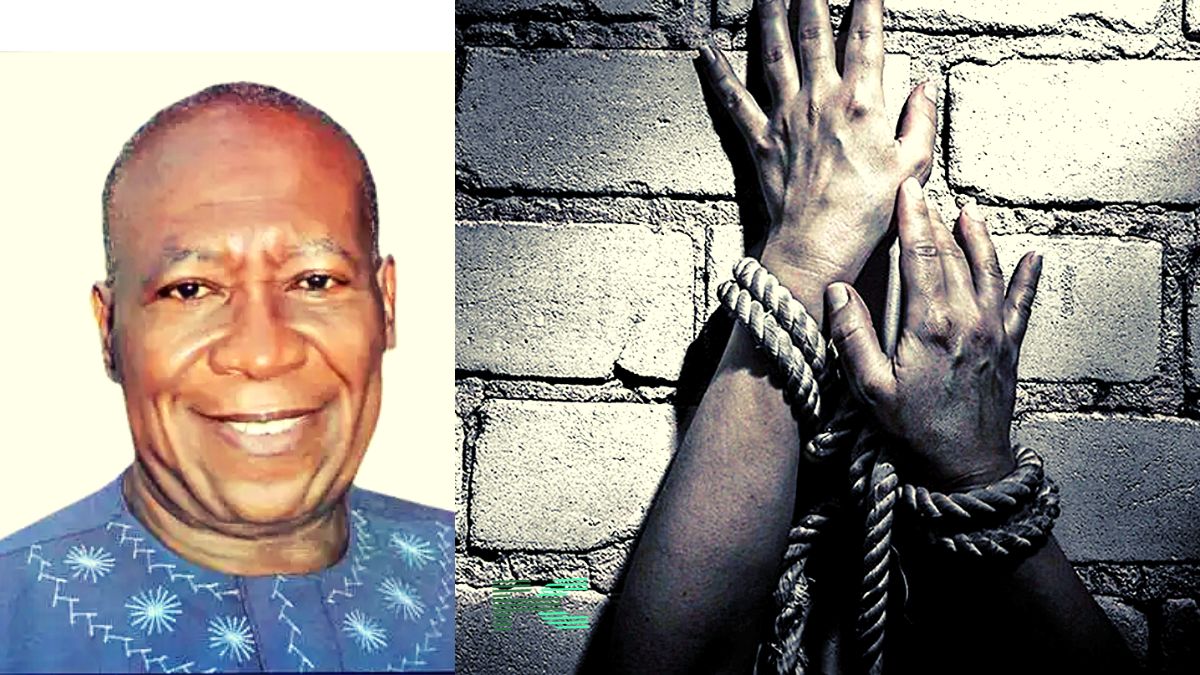North Korean leader Kim Jong Un will attend a military parade in China next week to mark the 80th anniversary of Japan’s surrender in World War II, a trip that is being described as the biggest multilateral diplomatic event the isolated leader has ever attended.
Kim’s visit, at the invitation of China’s President Xi Jinping, will put him alongside Russian President Vladimir Putin, who faces an outstanding arrest warrant from the International Criminal Court (ICC) on war crimes allegations. The presence of all three leaders at the event sends a powerful message of unity in the face of growing Western pressure, particularly from the U.S. and its allies.

A New ‘Axis’ Takes Shape as Alliances Shift
The meeting is viewed by experts as a significant step for North Korea, China, and Russia to “jointly respond” to strengthening cooperation between the U.S., South Korea, and Japan. While the three nations have yet to form a formal military alliance, their alignment is increasingly visible. North Korea, under heavy international sanctions for its nuclear and missile programs, has found a lifeline in growing economic and military support from Russia and China.
Pyongyang has supplied Russia with an unprecedented number of armaments and troops for its war in Ukraine, while Beijing continues to be a crucial economic lifeline for the isolated state.
North Korean Diplomacy and South Korea’s Strategy
For Kim Jong Un, the trip is a chance to broaden his global status and normalize his image as a world leader. It is also an opportunity for him to seek more economic assistance from China, particularly given the recent military closeness between North Korea and Russia. Meanwhile, South Korea’s parliament speaker, Woo Won-shik, is also expected to attend the parade.
While no meeting with Kim has been officially scheduled, South Korean Foreign Minister Cho Hyun expressed hope that the event could be a step toward bringing North Korea to the negotiating table to ultimately achieve denuclearization. This high-stakes diplomatic gathering will be closely watched by the international community as it reflects the shifting balance of power in Asia.

















